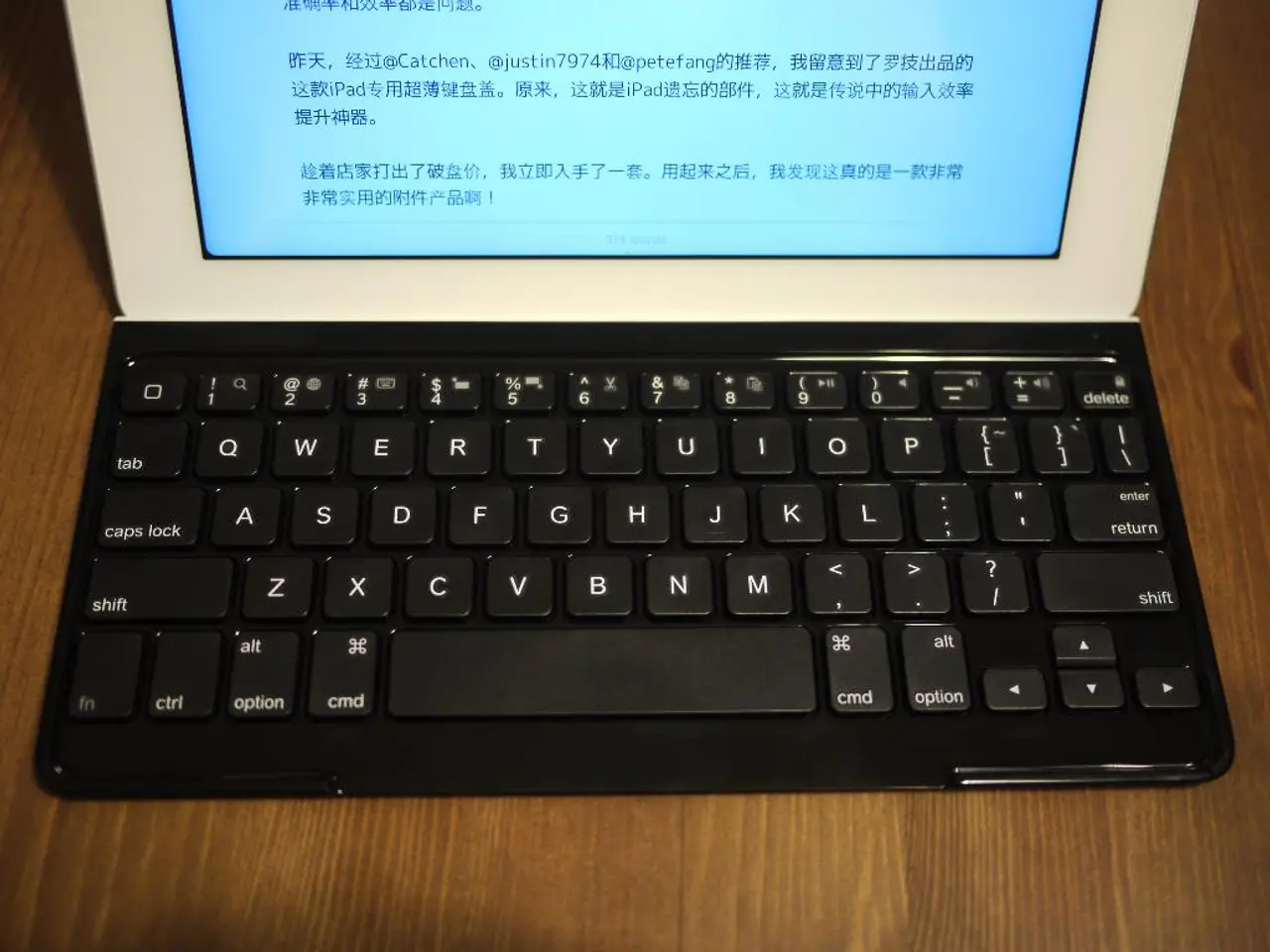United States Set to Finance Nuclear Energy Ventures in Turkey: Government spokesperson
In a significant development for the nuclear energy sector, the United States has expressed readiness to fund and support Small Modular Reactor (SMR) projects in Turkey. Justin Friedman, a senior advisor at the U.S. State Department, has highlighted the potential for a bilateral nuclear agreement between the two countries, subject to viable proposals from Turkey [1][2][3].
Turkey, with its ambitious plans for nuclear energy, is currently constructing its first nuclear power plant, the Akkuyu project, in partnership with Russia's state nuclear agency, Rosatom. The nation aims to augment its nuclear capacity, targeting a total of 20 gigawatts by 2050, with plans for large-scale plants in Sinop on the Black Sea and in the northwestern Thrace region [1][4].
Simultaneously, Turkey is working on regulatory frameworks to allow private sector investment in SMRs and evaluating SMRs as part of its long-term energy strategy. The Turkish private sector is showing strong interest in collaborating and leading in nuclear energy development, providing a solid foundation for future U.S.-Turkey partnerships in SMR technology and deployment [5].
U.S. financing agencies, such as the Export-Import Bank and the International Development Finance Corporation, have already issued letters of interest worth over $17 billion for reactors in Romania and Poland, indicating their readiness to invest in nuclear energy projects outside of the U.S. [6]. However, specific details about the expected bilateral nuclear agreement between the U.S. and Turkey were not discussed.
Friedman, who served as political counselor at the U.S. Embassy in Ankara between 2014 and 2017, expressed hope for a successful collaboration. He mentioned that U.S. companies are interested in seeking Turkish expertise for projects in Turkey, but did not specify which U.S. companies are involved [7].
Washington sees nuclear cooperation as a pillar of its broader strategic relationship with Ankara, and the U.S. and Turkey are "deep friends and good partners," with indications of both sides wanting to move forward in nuclear energy cooperation [8]. This environment suggests growing potential for bilateral collaboration in Turkey’s nuclear energy sector, with a focus on SMRs, supported by U.S. investment and expertise.
[1] https://www.worldnuclearnews.org/Articles/Turkey-has-plans-for-large-scale-nuclear-plants-in [2] https://www.worldnuclearnews.org/Articles/Turkish-companies-providing-parts-and-supplies-for-n [3] https://www.worldnuclearnews.org/Articles/Justin-Friedman-U-S-State-Department-adviser-discusses [4] https://www.worldnuclearnews.org/Articles/Turkey-aims-to-have-a-total-of-20-gigawatts-of-instal [5] https://www.worldnuclearnews.org/Articles/Turkey-considers-SMR-projects-in-its-nuclear-futur [6] https://www.worldnuclearnews.org/Articles/U-S-EXIM-Bank-and-US-International-Development-Fi [7] https://www.worldnuclearnews.org/Articles/U-S-companies-interested-in-Turkish-expertise-for-p [8] https://www.worldnuclearnews.org/Articles/U-S-and-Turkey-are-deep-friends-and-good-partners-w
In this context, technology and sports can be loosely connected by imagining a scenario where Turkey, with its growing interest in nuclear energy and private sector investments, explores the potential of Small Modular Reactors (SMRs) as a clean, efficient, and scalable power source, akin to the way advanced technology can revolutionize traditional sports with technologies like virtual reality training or smart gear.
Additionally, as the Turkish private sector becomes more involved in nuclear energy development and the United States expresses interest in investing in SMR projects, it might be temptative for collaborative ventures in SMR technology to mimic successful sports partnerships, where brands and nations come together to achieve mutual goals and boost their standing in the global arena.




